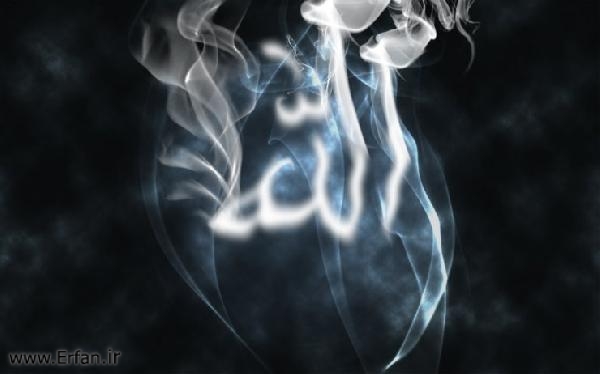
What the prophets of God received through revelation and as a message from God and conveyed to mankind was religion (Din), 1 that is, a way of life and human duties which guarantee the real happiness of man.
Revealed religion in general consists of two parts: doctrine and practice or method. The doctrinal part of revealed religion consists of a series of fundamental principles and views concerning the real nature of things upon which man must establish the foundations of his life. It is comprised of the three universal principles of unity (tawhid), prophecy (nubuwwah), and eschatology (ma 'ad). If there is any confusion or disorder in one of these principles, the religion will not be able to gain any following.
The practical part of revealed religion consists of a series of moral and practical injunctions covering the duties man has before God and human society. That is why the secondary duties which have been ordered for man in different Divine laws are of two kinds: morals (akhl?q) and action, (a'mal). The morals and actions related to the Divine are of two kinds, such as: first, the quality of faith, sincerity, surrender to God, contentment and humility; and second, the daily prayers, fasting, and sacrifice (called acts of worship and symbolizing the humility and servitude of man before the Divine Throne). The morals and actions related to human society are also of two kinds, such as: first, the quality of love for other men, wishing well for others, justice and generosity; and second, the duty to carry out social intercourse, trade and exchange, etc. (called transactions).
Another point that must be considered is that since the human species is directed toward the gradual attainment of perfection, and human society through the passage of time becomes more complete, the appearance of a parallel development must also be seen in revealed laws. 2 The Holy Qur'an affirms this gradual development, which reason has also discovered. It can be concluded from its verses that each Divine Law (Shari' ah) is in reality more complete than the Shari' ah before; for instance, in this verse where He says, "And unto thee have We revealed the Scripture with the truth, confirming whatever Scripture was before it, and a watcher over it." (Qur'an, V, 48) 3
Of course, as scientific knowledge also confirms and the Qur'an states, the life of human society in this world is not eternal and the development of man is not endless. As a result, the general principles governing the duties of man from the point of view of doctrine and practice must of necessity stop at a particular stage. Therefore, prophecy and the Shari ah will also one day come to an end when in the perfection of doctrine and expansion of practical regulations they have reached the final stage of their development. That is why the Holy Qur'an, in order to make clear that Islam (the religion of Muhammad) is the last and most complete of the revealed religious, introduces itself as a sacred book that cannot be abrogated (naskh), calls the Prophet the "Seal of the Prophets" (Khatam al-Anbiy?), and sees the Islamic religion as embracing all religious duties. As He says, "And Lo! It is an unassailable Scripture. Falsehood cannot come at it from before it or behind it." (Qur'an, XLI, 41-42) 4 And also, "Muhammad is not the father of any man among you but he is the messenger of Allah and the Seal of the prophets." (Qur'an, XXXIII, 40). 5 And, "We reveal the scripture unto thee as an exposition of all things" (Qur'an, XVI, 89).
____________
1 Editor's note: As we have already indicated, din is a most universal term in Arabic and Persian and should be translated as religion only only if weunderstand the latter term in the widest sense possible, not as one thing among others, but as a total way of life based upon transcendent principles, or a tradition in the true sense of the word.
2 Editor's note: Islam bases its argument upon the gradual development of man and therefore "perfection" of successive revelations although from another point of view it considers all prophets as equal. In any case, this argument should not he confused with modern evolutionism and belief in indelicate historical progress which are the very antithesis of the Islamic conception of time and history.
3 The Scripture at the beginning of the verse refers to the Holy Qur'an, while the second Scripture copses to such sacred books as the Torah and the Gospels.
4 The "Unassailable Scripture" is the Holy Qur'an.
5 The he idea of the finality of the Qur'an as a sacred book which cannot be abrogated and the aspect of the Prophet as the "Seal of prophecy" are essentially aspects of the same truth.













